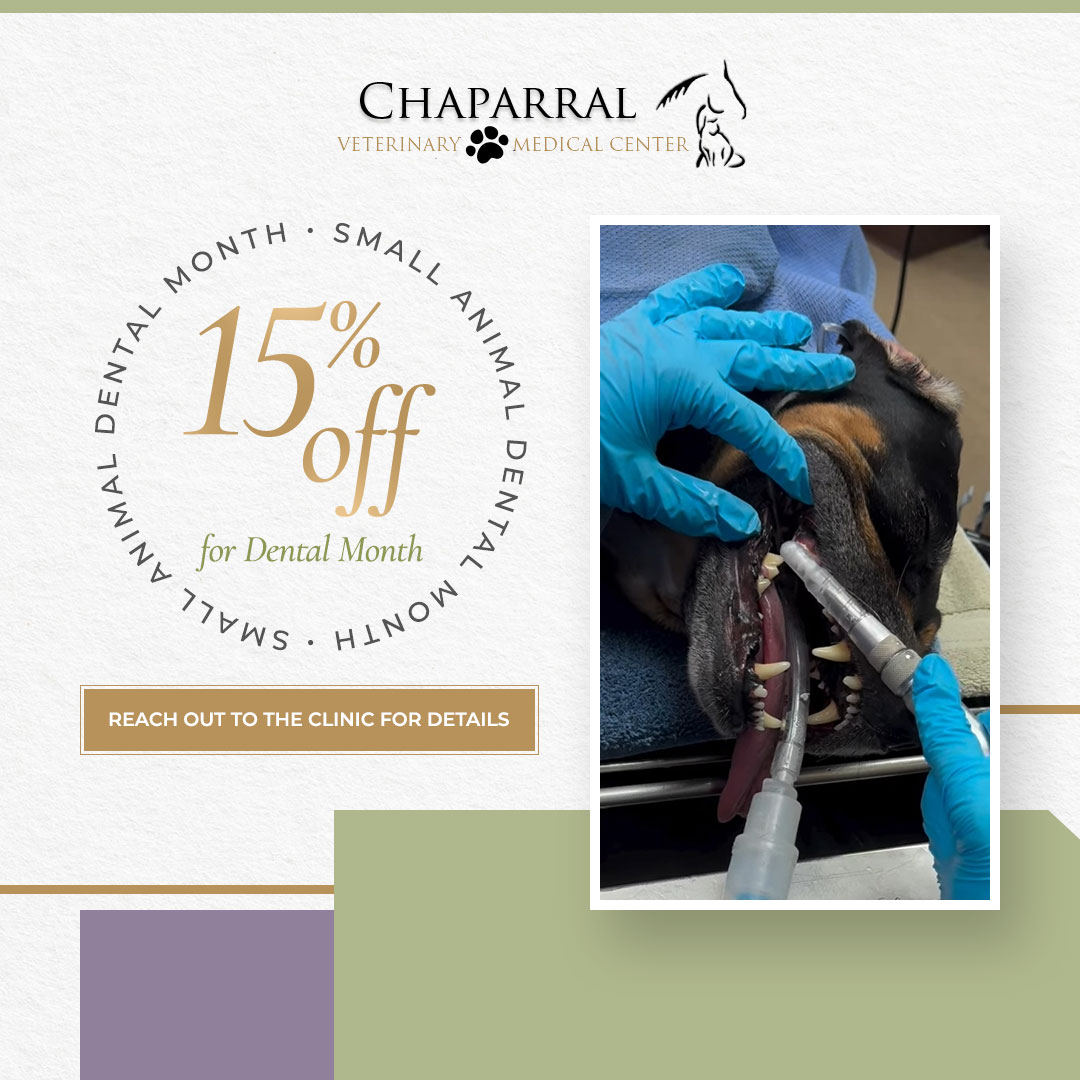Cave Creek, AZ 85331
Danger Zone: Common Household Items That Pose a Threat to Pets

As a pet owner, your home is filled with joy, love, and sometimes, a little chaos. What you may not realize, however, was that your home may also be filled with hidden dangers for your pets. From cleaning supplies to certain types of plants, there are many common household items that could pose a threat to the health and well-being of our furry friends.
What Makes Common Household Items Dangerous for Pets?
Our homes are filled with items that we use daily without a second thought. Yet, these very objects can pose severe dangers for pets if they come into contact with them. The risk arises from the simple fact that pets, much like young children, explore their environment using their senses. They sniff, lick, and chew objects to understand what they are. This behavior, while natural, can lead to ingestion or exposure to harmful substances.
Many cleaning supplies contain chemicals that can be toxic to pets if ingested or inhaled. Similarly, certain human foods that we love can have detrimental effects on our pets' health. The danger also extends to small objects that can be swallowed, leading to choking or internal injuries.
Additionally, plants, both indoor and outdoor, can pose threats. Some species are toxic to animals and can cause a range of symptoms from mild irritation to severe health complications. It's vital to understand these dangers to prevent accidental exposure and ensure our pets' overall wellbeing.
Top Common Household Items That Can Be Threatening to Pets
The list of common household items threatening to pets is surprisingly long. Here are some of the most prevalent ones that you should be aware of:
- Cleaning Supplies: Detergents, disinfectants, and other cleaning products often contain chemicals like bleach and ammonia, which can be harmful to pets if ingested or inhaled.
- Human Food: Certain foods like chocolate, onions, garlic, and grapes are toxic to animals and can cause severe health issues.
- Plants: Many common indoor and outdoor plants, such as lilies, azaleas, and oleander, are toxic to pets.
- Small Objects: Items like coins, jewelry, and small toys can pose a choking hazard or cause internal injuries if swallowed.
- Medications: Both over-the-counter and prescription medications can be dangerous if ingested by pets.
Awareness of these dangers is the first step towards ensuring your pet's safety.
Steps for Pet-Proofing Your Home
Recognizing the importance of safeguarding your home for your pets is essential. Here are some measures you can take to pet-proof your home:
- Store Hazardous Items Out of Reach: Ensure all cleaning supplies, medications, and harmful foods are stored in secure cabinets that your pets can't access.
- Choose Pet-Safe Plants: Opt for non-toxic plants in your garden and indoor spaces.
- Keep Small Objects Out of Sight: Regularly check your floors and furniture for any small items that your pet might swallow.
- Secure Trash Cans: Make sure your trash cans have secure lids to prevent your pets from rummaging through them and potentially ingesting harmful substances.
By implementing these steps, you can significantly reduce the risk of accidents and provide a safer environment for your pets.
What to Do If Your Pet Interacts with a Harmful Item
Despite your best efforts, there may be times when your pet manages to get its paws on a harmful item. If this happens, don't panic. Instead, try to identify what they've interacted with. If it's a toxic substance, remove any remnants from their mouth using a soft cloth.
Keep an eye on your pet for any unusual behavior or symptoms. These can include vomiting, diarrhea, lethargy, loss of appetite, or changes in their behavior. If you notice any of these signs, it's crucial to seek veterinary help immediately.
Creating a Safe Environment for Pets at Home
Our homes harbor several potential dangers for pets. However, with vigilance, precaution, and a good understanding of these threats, we can create a safer environment for our furry friends.
To learn more on common household items that pose a threat to pets, visit Chaparral Veterinary Medical Center in our Cave Creek, Arizona office. Call 480-595-8600 to schedule an appointment today.













